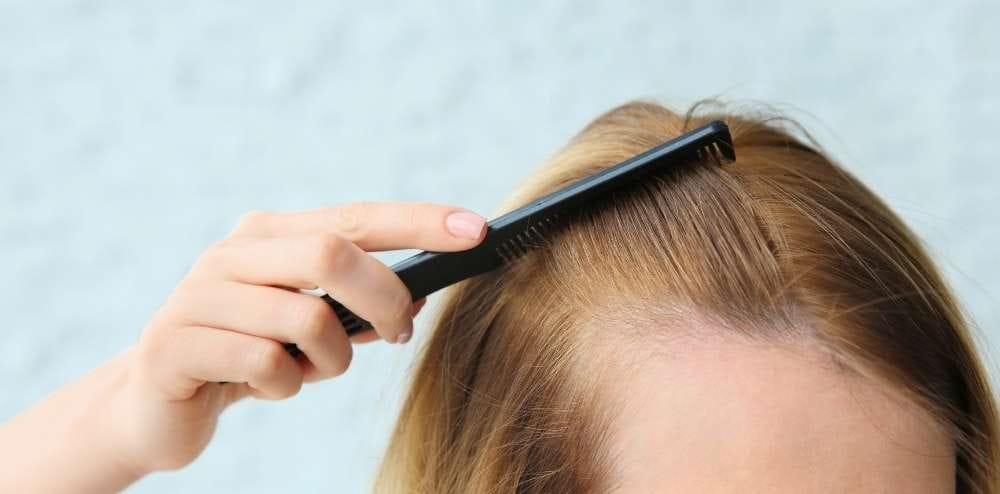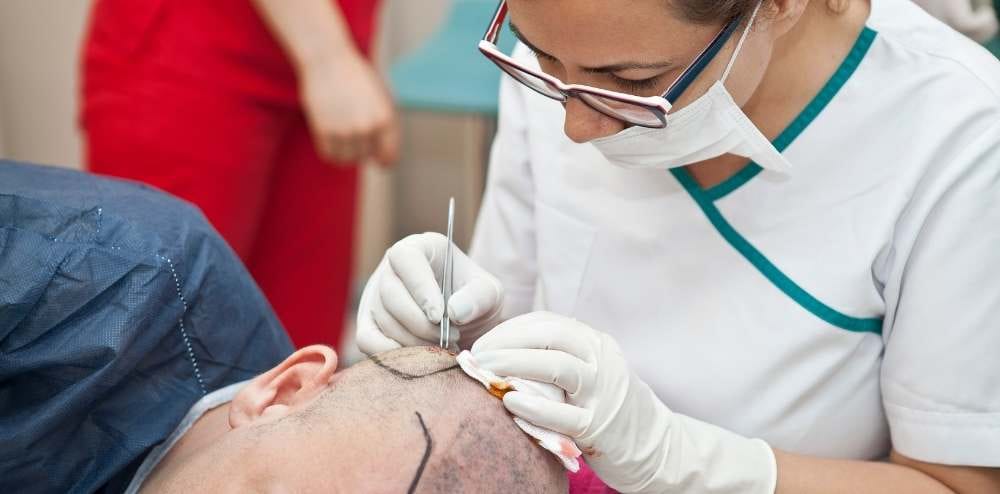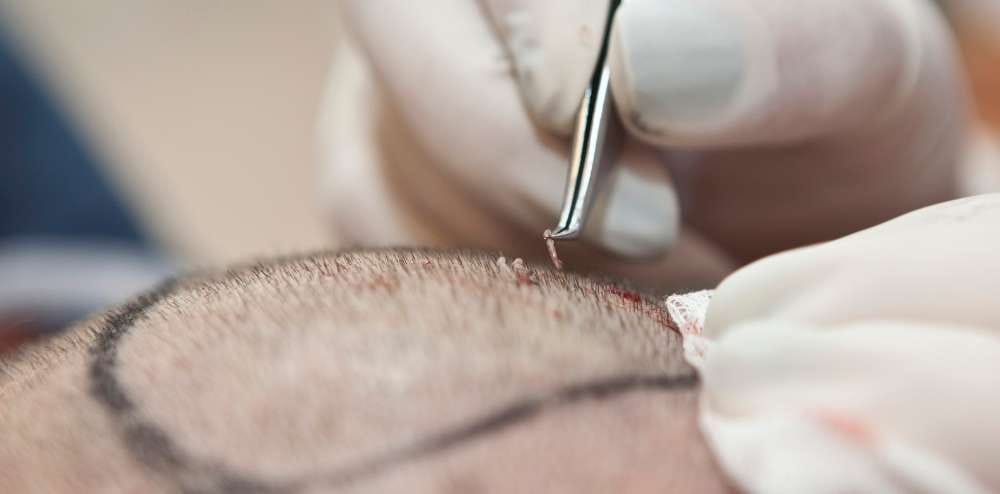Hair transplantation has long been perceived as a man’s domain, and the tide is slowly turning now that more women are taking hair restoration solutions. However, while hair loss has been openly discussed among men, it is an issue in which women are forced into silence by societal expectations and gender stereotypes. Estevitalya Clinic is working to help change this narrative, availing personalized solutions to let women take control of their conditions without stigma.
Understanding Hair Loss in Women
Hair loss is not an exclusive domain of men. Androgenetic alopecia, change in hormones, such as those experienced during menopause or after childbirth, stress, and medical conditions including thyroid diseases may cause considerable hair thinning in women. While quite common, female hair loss carries a social stigma, with most of them feeling embarrassed or ashamed to seek help.
Why Women Are Turning to Hair Transplants
Hair restoration has evolved to address the particular needs of women. Unlike men, whose hair loss usually occurs in defined patterns, women normally experience diffuse thinning across the scalp. Estevitalya Clinic uses advanced techniques like FUE and DHI to create natural, dense results tailored to a woman’s hairline and overall appearance.
Hair restoration for women is not merely cosmetic, but rather a means of self-confidence, self-esteem, and control over one’s life. Estevitalya offers a sympathetic and discreet environment where women can discuss their options without judgment.
Breaking the Stigma
The big barrier for most women when it comes to hair transplantation is the overcoming of the illusion that hair restoration is “just for men.” Estevitalya actively demystifies this notion by normalizing the conversation of female hair loss and heralding the transformation of today’s hair restoration.
The clinic’s approach goes beyond the procedure itself. Patients receive personalized care plans, expert guidance, and emotional support throughout their journey. Estevitalya empowers women to take charge of their appearance and see hair restoration as a valid, confidence-boosting solution.
Conclusion
Hair loss is a universal challenge, and it’s time to erase the gender bias surrounding hair transplants. Women have the right to equal opportunities as men to restore their hair and confidence. Estevitalya Clinic is proud to lead the charge in breaking taboos and helping women make hair restoration a positive, empowering choice. With advanced techniques and compassionate care, women can rewrite the narrative and reclaim their beauty on their terms.







